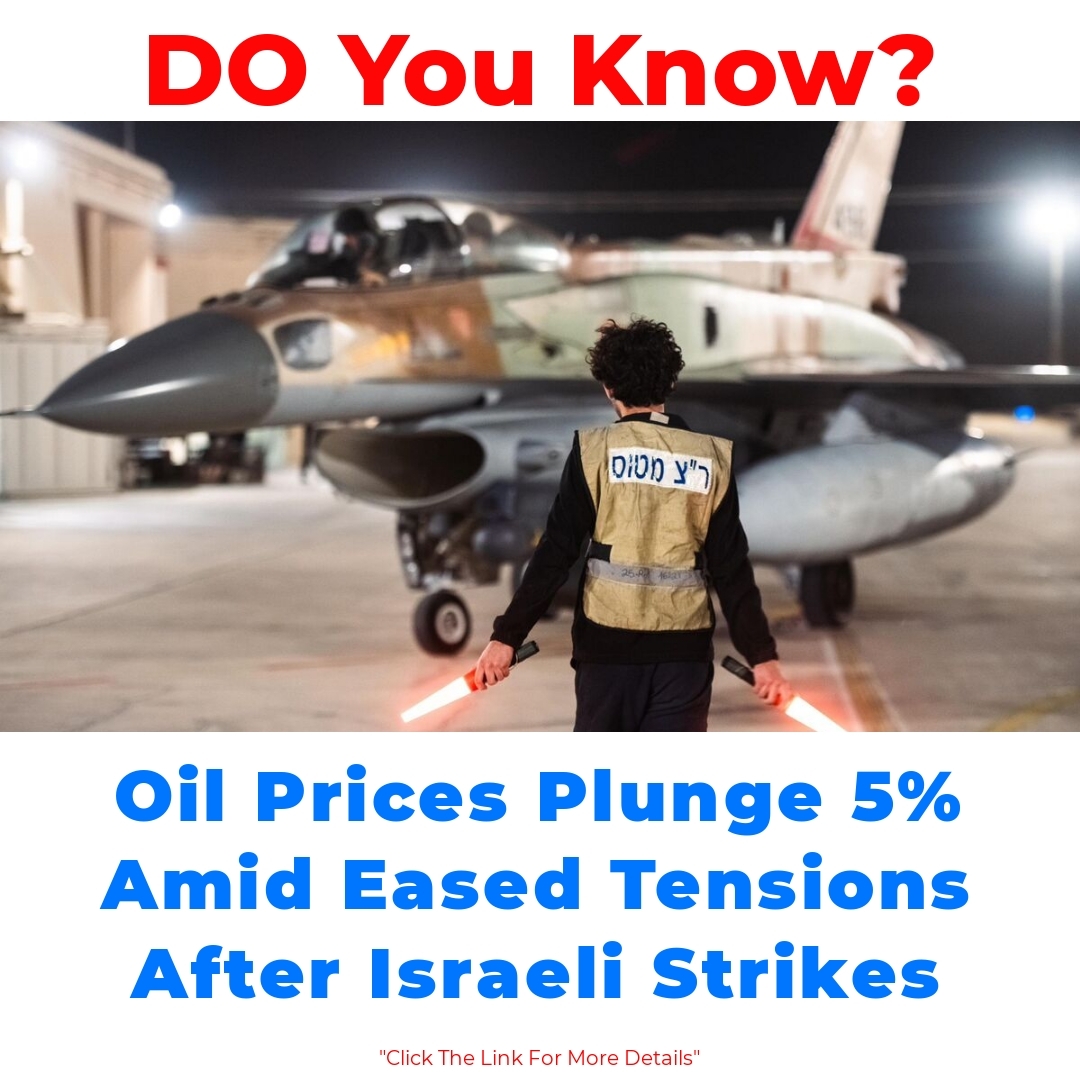Current oil prices are experiencing volatility due to recent geopolitical events. In particular, the recent Israeli strikes on Iranian targets have raised concerns about regional stability and oil supply. This article explores the implications of these strikes on the oil market, specifically focusing on their impact on oil prices.

Recent Israeli Strikes: An Overview
The Israeli strikes against targets in Iran have been significant and have drawn considerable attention globally. These actions appear to target Iranian facilities associated with crude oil production, but notably, they have steered clear of any OPEC member’s crude facilities. This calculated approach reflects an understanding of the delicate balance in the energy market and aims at minimizing broader disruptions.
The implications for regional stability are profound. With Iran being a key player in the oil sector, particularly in the Middle East, these military actions can lead to increased volatility in oil supply and prices. The uncertainty created by such strikes often makes investors and traders nervous, resulting in fluctuations in the market that can affect global oil prices.
Implications on the Oil Market
The market reaction to these Israeli strikes was immediate. Investors were quick to assess the potential risks to oil supply from the ongoing geopolitical tensions. The crude oil market tends to react sharply to events that threaten stability in oil-rich regions.
Factors contributing to oil price fluctuations include:
– Escalation of military activities
– Potential retaliatory actions from Iran
– Reactions from OPEC and other influential players in the energy sector
As these elements unfold, the energy sector remains on high alert, with traders closely monitoring developments that could impact oil prices.
Effects of Geopolitical Tensions on Oil Prices
To understand the current situation, it’s useful to look back at historical context. The Middle East has long been a hotspot for conflicts, and each military action tends to influence the global oil market in significant ways. For instance, previous military engagements in the region have led to spikes in oil prices due to fears of supply disruptions.
The ongoing military actions, like the recent Israeli strikes, are likely to continue influencing oil price trends. The impact of Israeli strikes on oil prices is not just a modern-day concern; it echoes historical patterns where conflicts directly correlate with rising oil prices, making it crucial for market watchers to track these developments closely.
Future Predictions and Responses from OPEC
Looking ahead, it’s clear that OPEC will need to respond strategically to the ongoing regional conflicts. One critical question is how OPEC responds to regional conflicts like those between Israel and Iran. The organization’s actions can significantly influence oil price trajectories.
If tensions in the Middle East escalate, OPEC may choose to adjust production levels to stabilize prices. Past instances of military actions in Iran have often led to oil price drops post-conflict, as markets adjust to the new realities. However, if conflict escalates, there could also be significant upward pressure on oil prices due to supply fears.
Conclusion
In summary, the recent Israeli strikes have far-reaching implications for oil prices and the overall energy market. From market reactions to geopolitical tensions, these incidents underscore the vital importance of staying informed about ongoing events. The oil prices landscape is deeply intertwined with political developments in the Middle East, and understanding these connections is essential for anyone interested in the energy sector.
As the situation continues to evolve, staying updated on these events will be critical for anyone involved in or affected by the global crude oil market.
FAQ
What are the recent Israeli strikes targeting?
The recent Israeli strikes are primarily aimed at Iranian facilities linked to crude oil production. These strikes deliberately avoid disrupting any OPEC member’s crude facilities, indicating a calculated approach to minimize energy market disruptions.
How have these strikes impacted the oil market?
The strikes have caused immediate reactions in the oil market, leading to uncertainty among investors and traders. Key factors influencing oil price fluctuations include:
- Escalation of military activities
- Potential retaliatory actions from Iran
- Reactions from OPEC and other major players in the energy sector
What historical context is relevant to these strikes?
The Middle East has a long history of conflicts that significantly impact the global oil market. Previous military engagements in the region have often led to increased oil prices due to fears of supply disruptions, a pattern likely to repeat with the recent Israeli actions.
What might OPEC’s response be to ongoing tensions?
OPEC may need to adopt strategic responses to the conflict in the region. Their actions could include:
- Adjusting production levels to stabilize oil prices
- Responding to the escalation of tensions, which may lead to either drops or increases in oil prices depending on the situation
Why is it important to stay informed about these developments?
Staying updated on the ongoing military actions and their implications is crucial for anyone involved or affected by the global crude oil market. The intertwining of political developments in the Middle East with oil prices means that understanding these connections is vital for market watchers.





